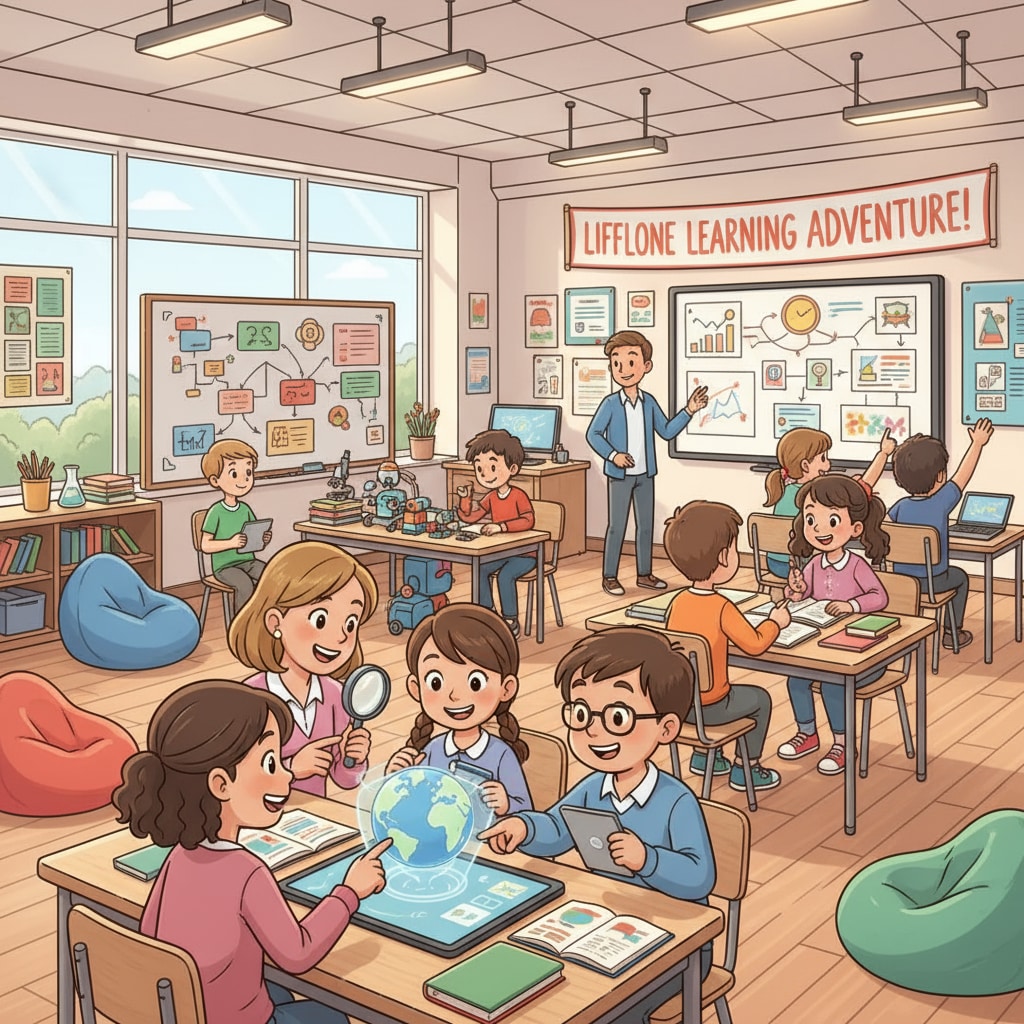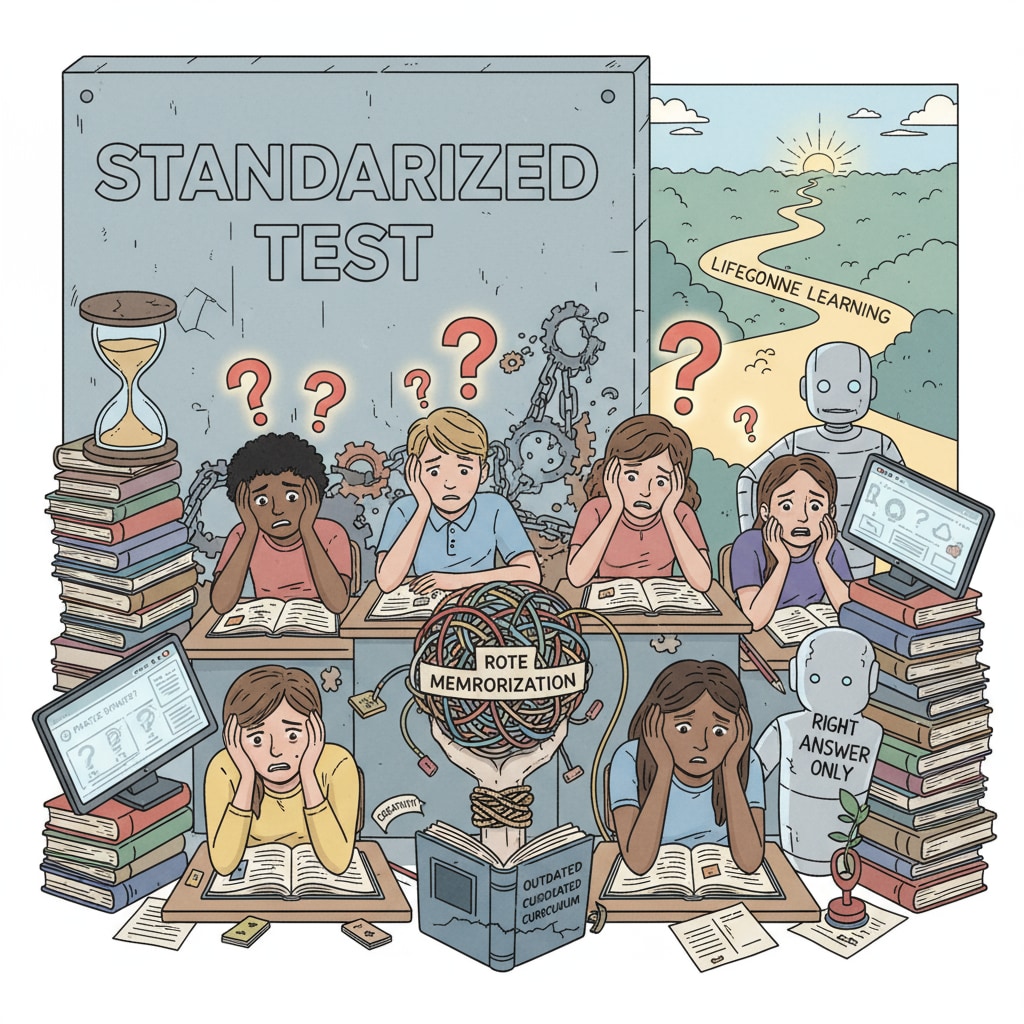Education, lifelong learning, and success are intricately intertwined. The K12 education phase is a crucial period that significantly influences a student’s future success by nurturing the seeds of lifelong learning. In today’s rapidly evolving world, the ability to learn continuously is not just an advantage but a necessity for achieving success in various aspects of life.

The Significance of Lifelong Learning in K12 Education
Lifelong learning in K12 education is about more than just academic achievements. It instills in students a love for learning that will accompany them throughout their lives. According to Britannica, education is a lifelong process that shapes individuals. In the K12 context, it helps students develop critical thinking, problem-solving, and adaptability skills. These skills are essential for success in a world where technological advancements and societal changes occur at an unprecedented pace.
Challenges in the Current Education System
However, the current education system faces several challenges in promoting lifelong learning. Standardized testing often takes precedence, leading to a focus on rote memorization rather than deep understanding and curiosity. As a result, students may lose the intrinsic motivation to learn. Additionally, the fast-paced curriculum leaves little room for students to explore their interests and develop a genuine passion for learning. For example, many students are so caught up in meeting academic requirements that they don’t have the time to engage in extracurricular activities that could fuel their love for learning.

Opportunities for Cultivating Lifelong Learning
On the other hand, there are also numerous opportunities. The digital age has provided access to a wealth of information and online learning resources. Platforms like Khan Academy offer free educational content on a wide range of subjects. Moreover, project-based learning and inquiry-based teaching methods are being increasingly adopted. These approaches encourage students to take ownership of their learning, ask questions, and seek answers independently, thus fostering lifelong learning habits.
Strategies for Home-School Collaboration
In addition, home-school collaboration is key to nurturing students’ lifelong learning awareness. Parents can support their children’s learning by creating a stimulating home environment, encouraging exploration, and discussing real-world issues. Teachers, meanwhile, can provide parents with guidance on how to complement classroom learning at home. By working together, schools and families can create a seamless learning experience that promotes lifelong learning and paves the way for students’ future success.
Readability guidance: This article uses short paragraphs and lists to summarize key points. Each H2 section provides relevant information. The proportion of passive voice and long sentences is controlled, and transition words are used throughout to enhance the flow of the article.


